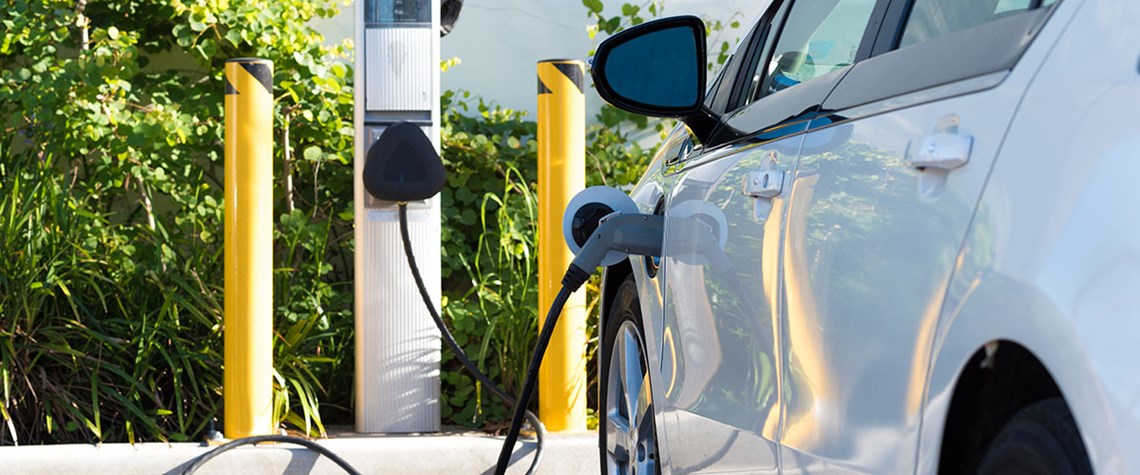EV revolution could stall due to mineral shortages
More planning is required to ensure adequate supply, researchers say
A potential shortage of minerals needed to produce the billions of batteries required to power electric vehicles (EVs) risks slowing down the transition from internal combustion engines (ICEs) to cleaner forms of transport, according to a team of UK-based scientists. Researchers working on the Security of Supply of Mineral Resources (SOS Minerals) multi-institution research programme, partly funded by the UK government, have crunched the numbers and come up with some daunting-looking headline figures. They looked at the amount of minerals required to make all cars and vans in the UK electric by 2050—based on the current UK fleet size of some 31.5mn vehicles—and for all new sales to be purely

Also in this section
19 February 2026
Awais Ali Butt, manager for sales and business development at Pakistan LNG Ltd, discusses LNG’s role in energy security across developing, price-sensitive economies, as well as examining trade-offs between buying strategies and the impact of lower prices and policy on import behaviour
19 February 2026
LNG’s technical maturity, availability and price, as well as regulation, have driven its rapid adoption as a marine fuel, yet its future in shipping will depend on transition policies and progress in cutting methane emissions and scaling bio- and synthetic LNG, according to Carlos Guerrero at Bureau Veritas
18 February 2026
With Texas LNG approaching financial close, Alaska LNG advancing towards a phased buildout and Magnolia LNG positioned for future optionality, Glenfarne CEO Brendan Duval says the coming year will demonstrate how the company’s more focused, owner-operator approach is reshaping LNG infrastructure development in the North America
18 February 2026
The global gas industry is no longer on the backfoot, hesitantly justifying the value of its product, but has greater confidence in gas remaining a core part of the global energy mix for decades







